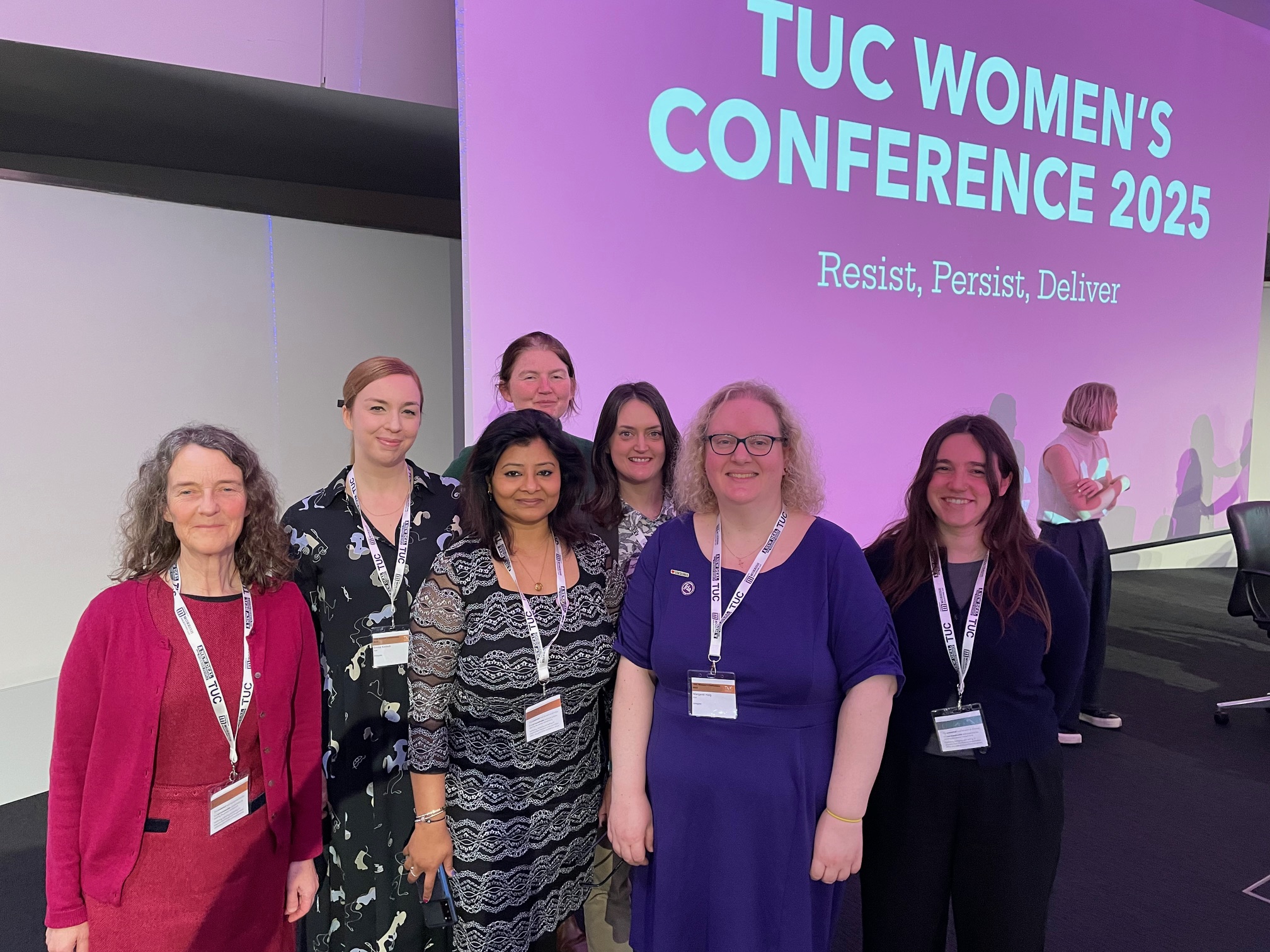Richard Heaton

Hello, I’m Richard Heaton – I believe you’re here for me.”
I’ve become used to spending time sat in grand waiting rooms before being quietly ushered in to meet my interviewees elsewhere, so Heaton’s informality is disarming. He also briefly considers being interviewed one-to-one, which would be unique in interviews I’ve carried out, before calling in a lone press officer who sits silently alongside him.
Justice served
Heaton became Ministry of Justice (MoJ) Permanent Secretary in the summer of 2015. It seemed a natural fit for him, having held legal positions in seven different Government departments since beginning his civil service career in the early nineties.
When asked about his successes so far at MoJ, the softly-spoken Heaton (as he predicted, I needed full volume to make out all he said) is keen to state that “it would be quite immodest to be trading in terms of great personal achievements after a year. Of the things I think we’ve done really well – we, not me – I’m very pleased we’ve got a strong grip on our finances, I’m pleased that our major contracts are in a better place than they were a year ago… And I’m pleased that we have actually started the process of reforming our courts and tribunals.”
FDA members in MoJ have questioned whether its headquarters will remain in central London, following announcements that other departments are moving into the same location, but Heaton confirms that “it’s probable that we’ll be sharing the building but the nameplate is still ours on the doors. There’s a fairly consistent Government Whitehall estate strategy where you concentrate core Whitehall functions into a few quite large departments and just run it better.”
Resources and demands
Following the tumultuous period since the UK voted to leave the EU in June, how does Heaton feel the MoJ will cope with Brexit’s additional demands? “We’re not in the league of departments like BEIS or Defra, where everything you do has to be recalibrated. However, quite a lot of the legal infrastructure on jurisdiction and enforcement is based on European rules, so there’s a lot of quite difficult, technical, important work that we need to get right. But probably the biggest area is ensuring that the UK legal sector remains prominent in the world and that this jurisdiction remains the place where people choose to have their disputes resolved.”
While the FDA has voiced concerns over the lack of additional civil service resource to help deliver Brexit, Heaton feels for the MoJ “that’s not a particular concern. So for example, we had a team of people who were going to be supporting the UK presidency [of the EU in 2017] and that’s now not going to happen, so those people are very naturally diverted. I don’t think we’re saying ‘we’ve got a huge branch of new work for which we’re not resourced’, we have just created two or three policy priorities that we have to take on board.”
As well as resourcing issues, all civil servants have felt the reduction of their civil service ‘package’ following ongoing cuts since 2010. Heaton admits that “we’ve been through a sustained period of low or no wage inflation, a pay freeze followed by 1% [pay increase], and we’ve seen increases like increased pension contribution and the raising of the pension age. All those things cumulatively were difficult and remain difficult, so I don’t want to pretend that they aren’t.
“On the other hand, public service and working in Government remains a fantastically interesting thing to do… Yes, it’s sometimes a difficult operating environment, and yes, the remuneration is not what one would like, but I don’t think the civil service package has been deteriorated to the extent that we’re not able to recruit talent. There are some specialist areas where we’re competing against really high-paying sectors like digital and commercial. We’re recruiting people in senior levels who are taking pay cuts because this is an interesting place, either to have a career or to spend a chapter of your career.”
This is a common answer from Permanent Secretaries; that the work is interesting and people are willing to take pay cuts to work in the civil service. Of course, this restricts access only to those who can afford to take a pay cut. Heaton feels that “it’s always difficult getting the best people in, it’s a war for talent as Jeremy Heywood puts it, but it’s not incapable of doing so.”
Ministerial direction and Select Committees
In his previous Cabinet Office Permanent Secretary role, Heaton requested ministerial direction during 2015 regarding a grant for the Kids Company charity; according to the Institute for Government, it was one of six requested that year, out of total of just thirty two this century.
Heaton reveals “in one sense you’ve failed if you need to have a public direction, because it means either you haven’t persuaded the Minster… or you’ve been unable to find a proper lawful way of carrying out the Minister’s wishes within managing public money, and that’s often a disappointment rather than a triumph. I don’t think we should be seeking out more directions as a sign of the virility of the civil service.”
But if he considers that asking for direction is failing, might that in itself put civil servants off asking for them? “No. I think most of my colleagues would be perfectly happy to seek direction if that was the right thing to do. It’s just that it’s a bit of a last resort if I’m honest, and you’d look to sort things out without creating this public forum in which the disagreement is open for all to see. Maybe failure’s too strong a word, but most of us are in the business of finding creative solutions to problems rather than saying ‘Can’t do that’.”
Heaton’s dealings with Kids Company caused him to appear before a Select Committee, whose treatment of civil servants is a frequent bone of contention amongst FDA members. Heaton is of the opinion that “Minsters or civil servants occasionally finding Select Committees uncomfortable is frankly neither here nor there when compared with the importance of the work that the Committees do. If their job makes me feel uncomfortable in order to hold me to account, then fine.”
He considers approach to be key: “I’ve always found that if you go into a Select Committee hearing thinking ‘Look, I’m not going to play for time and stonewall’ the Committee rapidly realises that that’s your frame of mind. It’s when you try and construct a wall of obfuscation they get really hacked off. I think a trap we fall into sometimes is knowing that we can’t answer a question in quite the terms it’s been asked, because that takes us into a policy or political field. We’re a bit slow sometimes to just say ‘Look, that’s an interesting question, but you have to direct that to Ministers’.”
BME representation
With March 2015 Cabinet Office figures showing just 4.1% of civil servants in senior roles had a BME background, Heaton admits there is work to do in his Race Champion role. “The figures are not climbing enormously or dramatically but they are improving. The latest figures I’ve got, which would be March 2016, 4.1% grows to 4.4%”.
He wants to see the civil service being “really careful not to fill all of the plum jobs with taps on the shoulder and… ‘who-you-know’ promotions. As Race Champion I’m beating the drum for what we have done – because I think we’ve done a lot – but I’m also challenging colleagues to do more and think twice before they slip into ways of doing business which can conceal unconscious bias”.
Heaton freely admits to problems with the current performance management systems: “In most annual cuts of the data that I’ve seen you tend to see disproportionate amounts of BME and disabled colleagues in the bottom performance box and… unless there’s some explanation to the contrary, you have to assume that there’s some sort of unconscious bias going on. It may be in the process itself, or it may have much deeper roots than that.”
“Some departments are very good at making sure that moderation groups are mixed and alive to unconscious bias. Some have been very good at training line managers in how to have an effective end-of-year conversation, which doesn’t slip into the easy way of closing the conversation down and is quite often a way in which some colleagues are treated unfairly. I think in the civil service we’re probably going to trial something a bit different for the year that’s just started… I don’t think any of us can be content on this until we’ve seen this apparent discrepancy ironed out.”
Interestingly, the Southwark-dwelling Heaton uses the Thames to help with his work-life balance: “The river for me is quite symbolic; when I cross it I like to do different things on either side. Historically, the City and Westminster were places where serious people did matters of state and finance. The river was always the line between that world and Shakespeare’s London of theatres, bearbaiting, cockfighting, prostitutes, prisons and debtors. For me, Southwark still has that difference, which I kind of value. The serious stuff is on the north bank and the underbelly of life is on the south bank.”
Related News
-

FDA attends TUC Young Workers’ 2025
This March, an FDA delegation attended the annual TUC Young Workers’ Conference in Congress House, London.
-

FDA celebrates Women’s History Month 2025 with panel event
To celebrate Women’s History Month and International Women’s Day 2025 the FDA hosted a panel event looking at the history of women in the civil service and within the trade union movement.
-

FDA attends TUC Women’s Conference 2025
A delegation of FDA members attended TUC Women’s Conference 2025, held in Congress House, London, from 5-7 March.